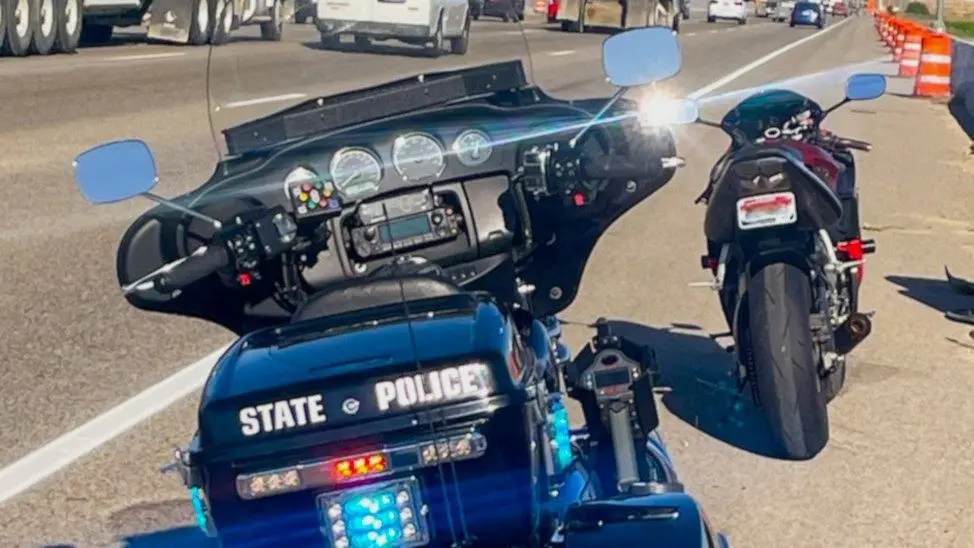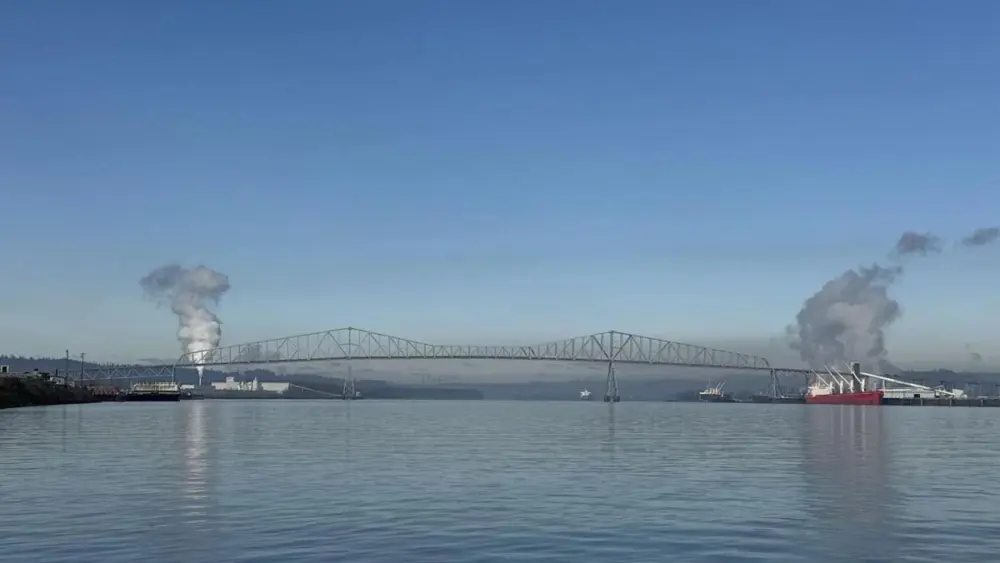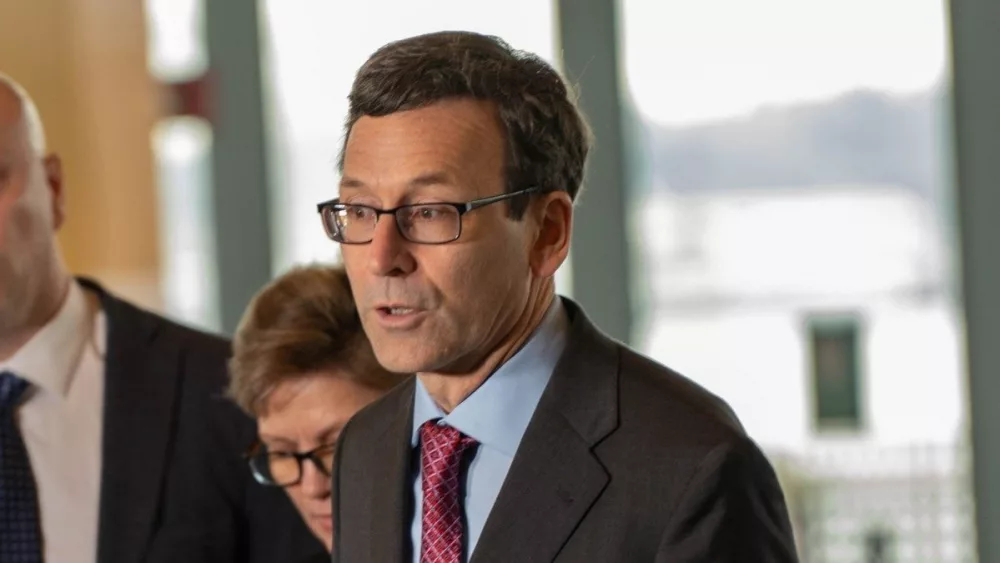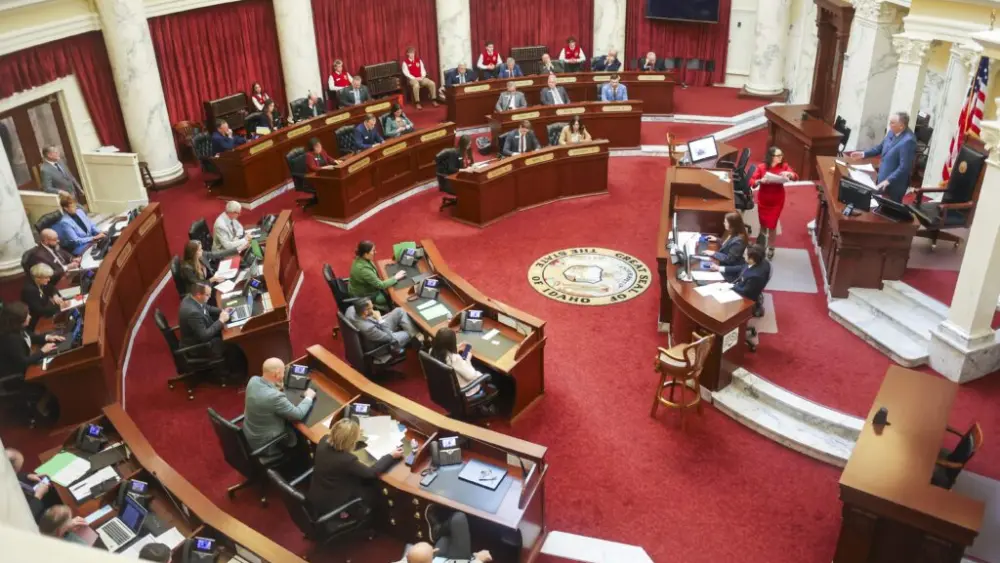MERIDIAN, ID — The Idaho State Police is marking Crash Responder Safety Week from November 17–21 and urging drivers statewide to slow down, move over, and stay alert to protect those who respond to crashes and roadside emergencies.
This year’s national theme, “Safety Starts With You – Slow Down and Move Over!”, highlights the dangers faced by law enforcement, firefighters, paramedics, tow operators, transportation crews, and other responders who work along Idaho highways and rural roads. According to national estimates, a traffic incident responder is struck and killed nearly every week in the U.S., and responders clear an estimated 7 million motor-vehicle crashes each year.
“Our responders work inches from traffic,” said Captain Jason Bailey of ISP’s Commercial Vehicle Safety Division. “They step out of a patrol car, a fire engine, a tow truck, or an ambulance knowing that one careless driver can end their life. Slow down and move over isn’t a suggestion in Idaho; it’s the law.”
Idaho law requires drivers to reduce speed and change lanes when passing stationary emergency vehicles, tow trucks, highway maintenance crews, or any vehicle using flashing hazard lights when conditions allow. Violations may result in fines and potential civil liability if a responder is injured.
ISP notes that traffic incident response includes more than crash scenes—it also involves stalled vehicles, roadway debris, and hazards that put responders and stranded motorists in harm’s way. Safe and timely clearance, officials say, helps prevent secondary crashes, which are often more severe than the initial incident.
During Crash Responder Safety Week, ISP urges drivers to:
- Slow down and move over for any stopped vehicle using emergency or hazard lights.
- Remain alert and avoid distractions.
- Watch for responders and stranded motorists.
- Follow instructions from law enforcement and traffic control personnel.
“A crash scene isn’t an inconvenience—it’s often someone’s worst day,” Bailey said. “When you see those flashing lights, remember that someone’s life may be on the line. Slow down. Move over. It’s how you help us save lives.”





